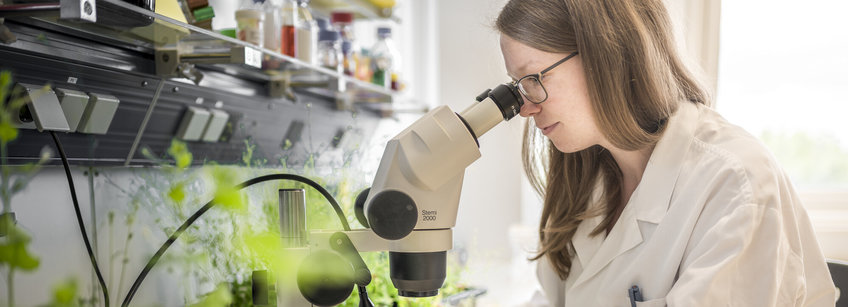
Scientific Facilities
The institute has a wide spectrum of specialized high-end instrumentation that is in the hands of experts who head dedicated research facilities.

The institute has a wide spectrum of specialized high-end instrumentation that is in the hands of experts who head dedicated research facilities.